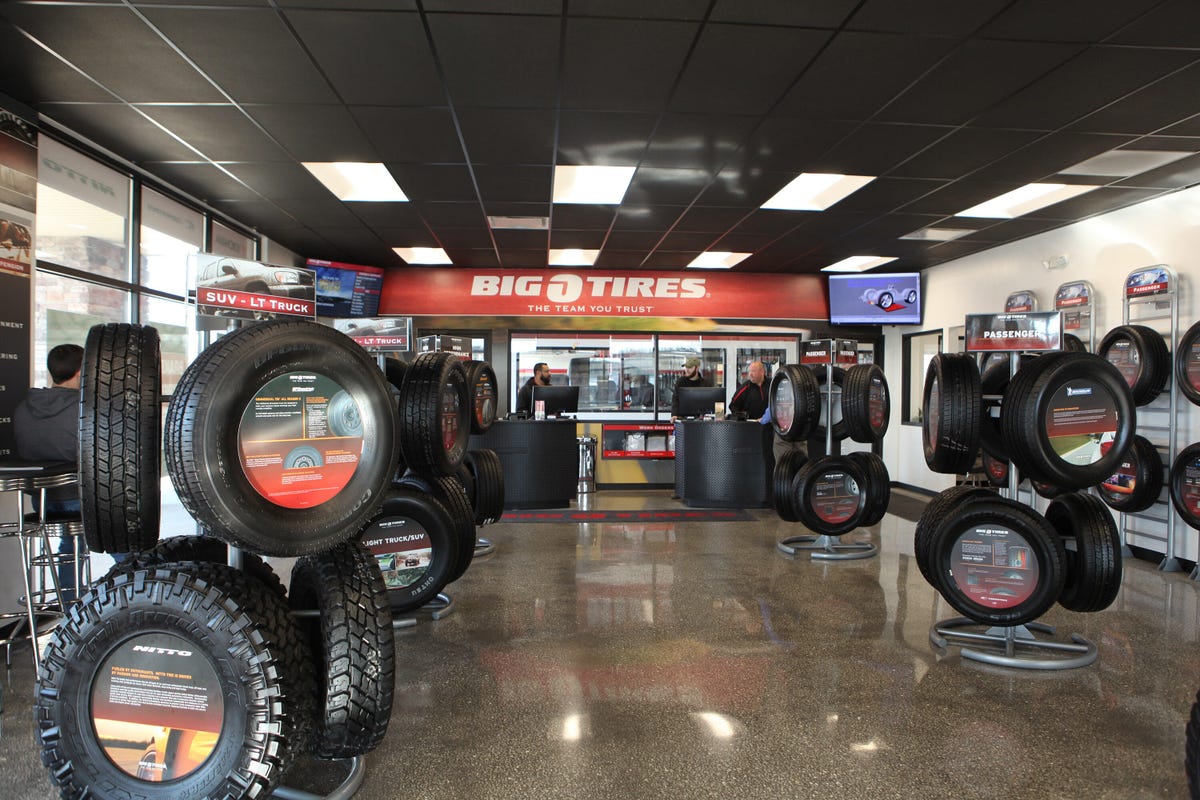Trust Fund Morris Tire and Alignment for Specialist Service and Treatment
Trust Fund Morris Tire and Alignment for Specialist Service and Treatment
Blog Article
Tire Service: Comprehending Tire Pressure Tracking Systems
Recognizing Tire Stress Monitoring Systems (TPMS) is an important element of preserving ideal automobile efficiency and safety on the road. With developments in vehicle modern technology, TPMS has ended up being a common feature in contemporary lorries, providing real-time information on tire pressure degrees.

Value of TPMS
The value of Tire Stress Monitoring Systems (TPMS) hinges on their capability to enhance automobile security and efficiency through real-time monitoring of tire stress levels. Maintaining the appropriate tire pressure is vital for making sure ideal handling, braking, and total security of a car. TPMS provides vehicle drivers with instant comments on any overinflated or underinflated tires, enabling timely changes to be made.
Parts of TPMS
Comprising different crucial elements, a Tire Stress Surveillance System (TPMS) functions as an advanced safety and security feature in modern-day cars. The major components of a TPMS consist of sensing units, a control module, and a caution indicator. Sensing units are usually located in the tire shutoff stem or attached to the wheel setting up, where they measure tire stress and transmit information to the control module. If it spots considerably low pressure in any of the tires, the control module processes this information and sets off a warning. The warning sign, commonly a sign on the control panel, informs the vehicle driver to check the afflicted tire or tires. Some advanced TPMS models likewise show the real tire stress analyses for each and every tire, providing chauffeurs with real-time information to guarantee optimal tire performance and safety. By checking tire stress continually, TPMS aids prevent accidents, lowers tire wear, and enhances fuel performance, making it an important component for vehicle safety and security and efficiency.
Kinds Of TPMS

On the other hand, indirect TPMS depends on the vehicle's wheel speed sensors to check tire stress. This system discovers underinflation by contrasting the rotational rates of the wheels. Indirect TPMS is much less pricey than straight TPMS, as it makes use of existing sensing units within the vehicle.
While direct TPMS provides a lot more exact analyses, indirect TPMS is less complex in layout and typically needs much less upkeep. Both systems have their limitations and advantages, and the option in between them commonly relies on elements such as expense, lorry make, and individual choice. Understanding the differences between these two kinds of TPMS can aid vehicle owners make informed decisions concerning tire maintenance and safety.
TPMS Maintenance Tips
Effective upkeep of TPMS is crucial for making certain optimum efficiency and security of your lorry. Regularly inspecting the TPMS sensing units for any kind of damages or rust is important. Guarantee that the sensors are cost-free and tidy from particles that might hinder their performance. Furthermore, it is a good idea to inspect Bonuses the sensor batteries periodically and replace them as required to ensure precise readings. Conduct regular examine the tire stress degrees and compare them with the TPMS readings to ensure they correspond. Alter the system following the maker's guidelines if there are any kind of discrepancies. Throughout tire rotation or substitute, make certain that the TPMS elements are taken care of very carefully to prevent any type of possible damage. Last but not least, if the TPMS cautioning light brightens on the dashboard, click over here now deal with the concern immediately by checking the tire stress and the overall system for any kind of mistakes. By adhering to these upkeep tips, you can extend the life expectancy of your TPMS and improve the safety of your driving experience.
Benefits of Proper Tire Stress
Preserving correct tire pressure, as stressed in TPMS Maintenance Tips, is important for reaping the many benefits linked with ideal tire stress levels. Additionally, correct tire pressure makes certain even tire wear, expanding the lifespan of the tires and advertising much safer driving problems. In final thought, the advantages of appropriate tire stress go past simply tire durability; they encompass boosted gas effectiveness, improved safety and security, better car efficiency, and total driving comfort.
Verdict
In conclusion, comprehending tire stress surveillance systems (TPMS) is important for preserving ideal tire stress and ensuring vehicle security. By acknowledging the value of TPMS, knowing with its parts, recognizing the various kinds readily available, sticking to correct upkeep tips, YOURURL.com and realizing the benefits of maintaining proper tire pressure, drivers can enhance their driving experience and extend the life expectancy of their tires. Appropriate tire pressure is essential to risk-free and effective lorry procedure.

Report this page